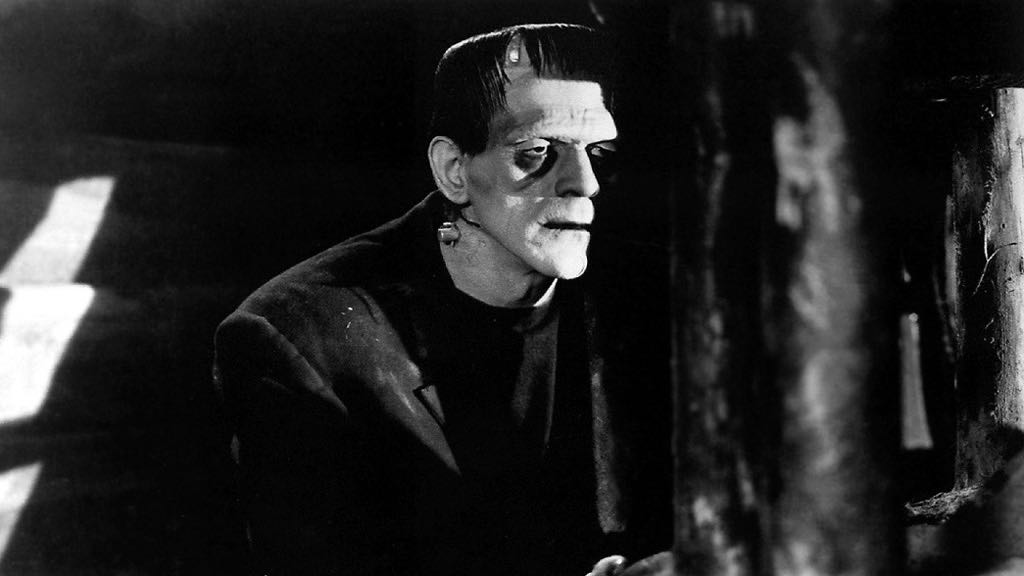They’re alive — but NPR wants to drive a stake in ‘Franken FMs’

Insomnia Cured Here / Flickr
NPR has asked the FCC to bar low-power Channel 6 TV stations from operating FM radio services, arguing that they are harmful to public radio stations.
NPR made its request in a comment filed with the FCC Jan. 22 in a proceeding to update rules governing digital low-power television. The network argued that LPTV FM services, often called “Franken FMs,” are a “grossly inefficient use of spectrum” that are preventing “public radio stations from expanding their signal coverage or otherwise offering a multiplicity of additional public service programming for the American public.”
The FCC said in its request for comments that LPTV services that can be heard on FM have historically operated “with very limited visual programming and an audio signal that is programmed like a radio station.” Such stations broadcast on 87.7 FM, adjacent to the noncommercial FM radio band. Some have relatively large audiences, including a soft oldies outlet that has become a top station in Chicago.
“Because Franken FMs have no antenna height limit, they can pose significant interference issues for nearby FM stations,” NPR wrote in its comment. “In addition, the hybrid nature of the digital video/analog audio service creates interference risks both for the Franken FM’s FM carrier and the LPTV6 digital video ‘host.’”
While full-power TV stations have made the transition from analog to digital, LPTV stations have until July 2021 to terminate their analog operations. NPR argued that instead of allowing LPTV Channel 6 stations to continue operating after the transition deadline, “reallocating the Channel 6 spectrum in otherwise unserved Channel 6 markets for actual FM radio station use would be a far better approach.”
If the FCC allows Franken FMs to continue operating past the deadline, NPR said, the commission should “develop additional rules to govern these Franken FM services to avoid interference to adjacent reserved band NCE FM stations and to assure reception of the LPTV’s primary video service by DTV receivers.”
“Rather than creating such a new regulatory scheme, the Commission would better serve the public interest by reaffirming the DTV conversion deadline for all LPTV operations, without exception for analog Franken FM services,” NPR wrote.
The LPTV Spectrum Rights Coalition, an advocacy group for LPTV stations, said in a comment that interference issues are “highly exaggerated” and suggested that the FCC grandfather in LPTV FMs operating after the digital transition deadline.
Reply comments in the proceeding are due Thursday.






As a broadcast engineer and former radio station owner, I feel NO DTV station should be allowed to operate as a radio station. The analog 6s pre-2009 did NOT…their audio was part of the TV operations…and not a separate operation. Today, Franken’s usually have a static video picture up because their MAIN concern is the aural side as a FM radio station, yet they were LICENSED as a TV station. Sorry but I have no love for Frankens….
Also, it is a FACT 8VSB does not decode if there is a inband signal at -15dbc or higher….so for a DTV6 to work and provide TV programming properly, that means an analog signal on 87.7 MUST be -15db or greater from the DTV signal…this will reduce ALL Frankens from their current ERP to a minuscule level making it worthless compared to what they have now. How is that serving the public interest? AND WHY should TV6 stations only be allowed?? That is showing prejudicial preference toward one channel..while the other DTV stations are left out. I cannot believe the FCC wants to show such toward one channel more than others. It shows a blatant disregard for the rules and also allows Frankens to get around the radio allocation rules and licensing procedures that ALL radio stations have gone through.
Frankens MUST die…period
The Franken FMs are proposing operation with ATSC3.0, not 8VSB for the picture, meaning that they are planning normal TV programming. NPR is opposed because channel 6 TV is simply wasteful when TV channels 5 and 6 can be opened up to FM analog. Japanese radios typically tune from 76 to 108 MHz, why not expand the FM dial?